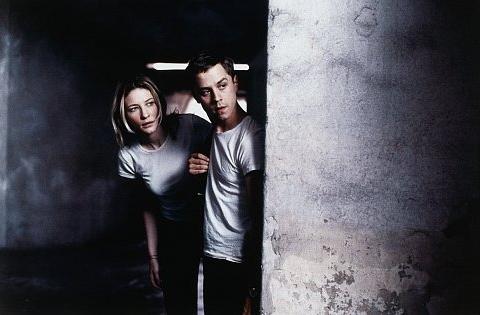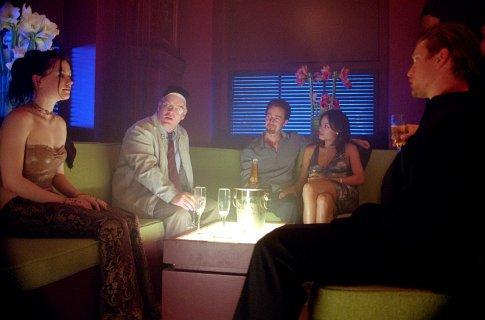
 |
| Photo © 2002 Miramax Films |
 |
| Photo © 2002 Touchstone Pictures |
| Awards for Heaven: | |
| National Board of Review: Special Mention for Excellence in Filmmaking | |
| Golden Globe Nominations for 25th Hour: | |
| Best Original Score: Terence Blanchard | |
| Permalink | Home | 2002 | ABC | Blog |